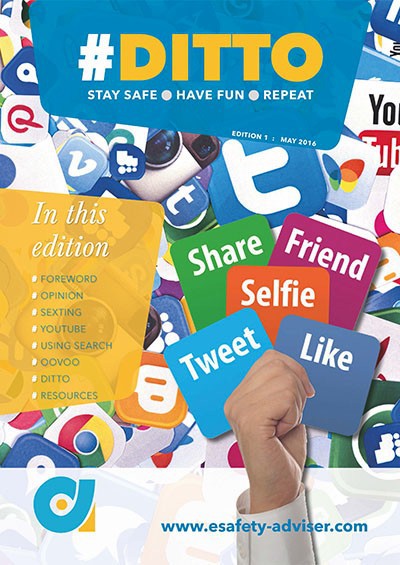
Electronic Safety
Using technology and the internet is a fantastic way to learn new things and keep in touch with people but it is important that we all keep ourselves safe online. Remember these tops tips:
- Don’t post any personal information online – like your address, email address or mobile number.
- Think carefully before posting pictures or videos of yourself. Once you’ve put a picture of yourself online most people can see it and may be able to download it, it’s not just yours anymore.
- Keep your privacy settings as high as possible.
- Never give out your passwords.
- Don’t befriend people you don’t know and don’t meet up with people you’ve met online. Speak to your parent or carer about people suggesting you do.
- Remember that not everyone online is who they say they are.
- Think carefully about what you say before you post something online.
- Respect other people’s views, even if you don’t agree with someone else’s views doesn’t mean you need to be rude.
- If you see something online that makes you feel uncomfortable, unsafe or worried: leave the website, turn off your computer if you want to and tell a trusted adult immediately.
If you are concerned about anything you see online please use the CEOP button (The Child Exploitation and Online Protection Command) below to report any abuse.


Children's Online Safety Test
Virgin Media O2 have set up a quiz that you can take to check in on your online safety knowledge. If you choose to take any one of their short quizzes, it will then take you through to some additional resources including cyberbullying articles and online safety tips to enhance your internet safety awareness to keep your children safe online.

Online Safety Resources
The internet is a great place for kids to learn, play, create and connect, but technology is advancing quickly and parents may find it challenging to keep up.






